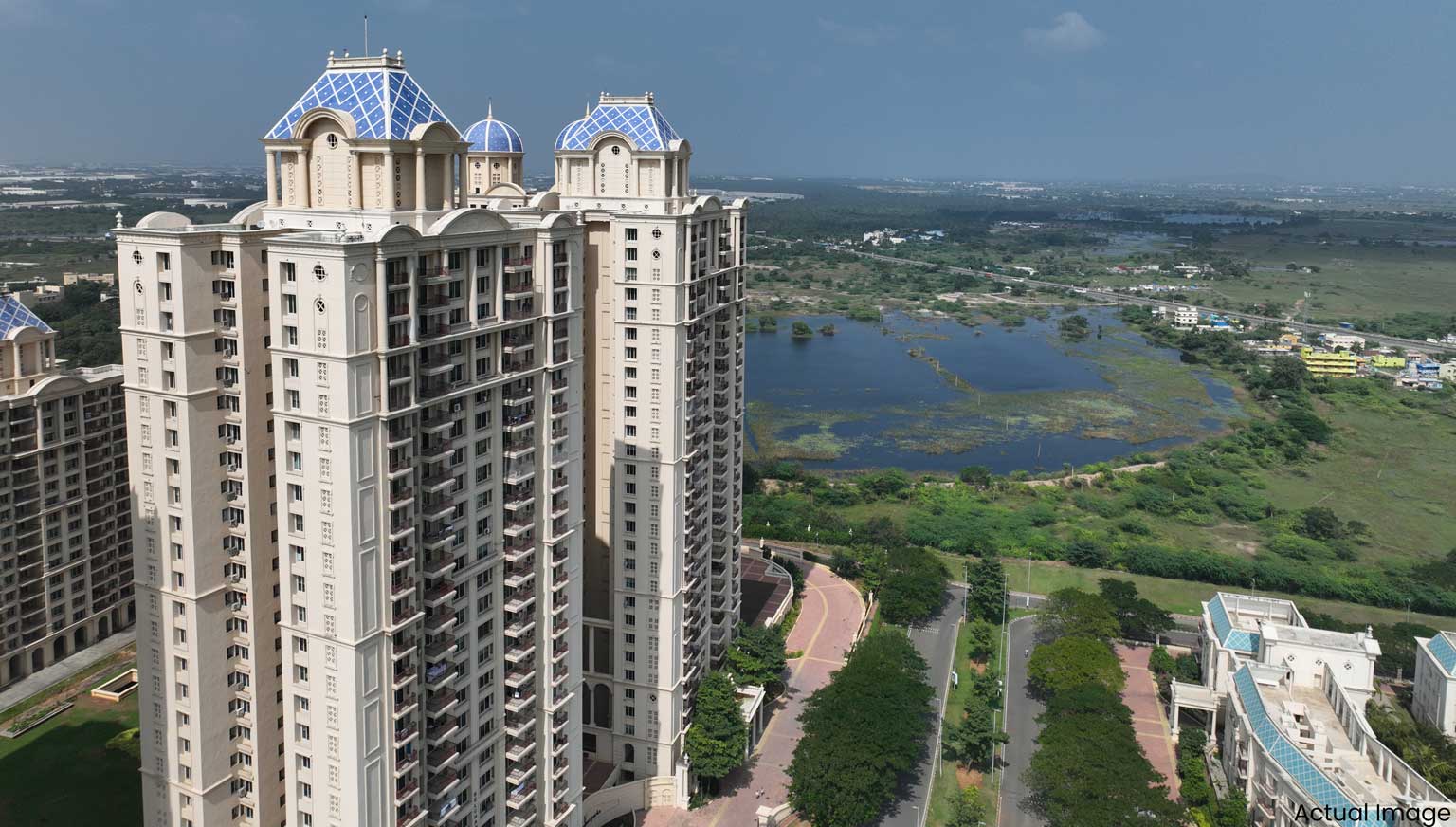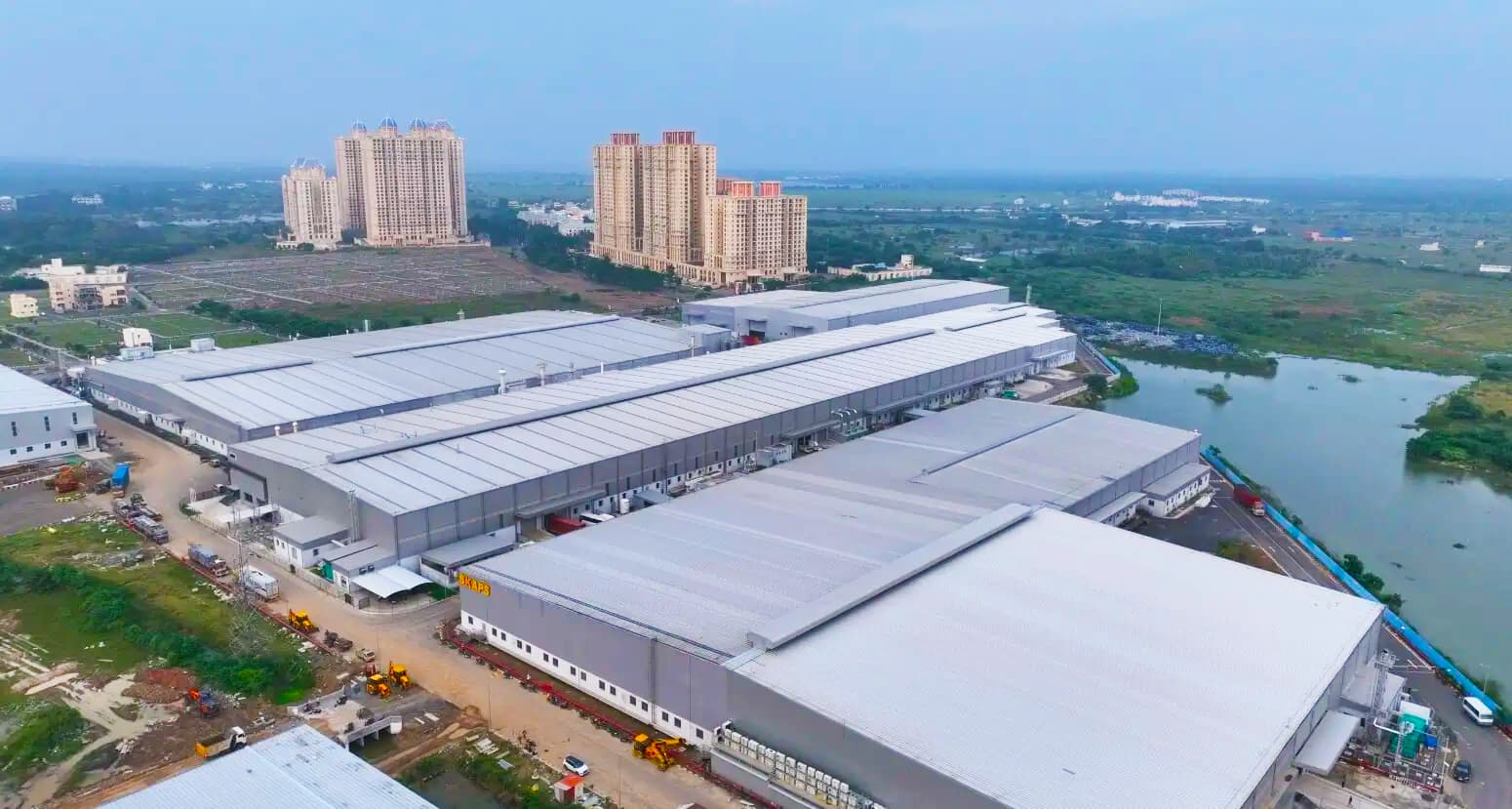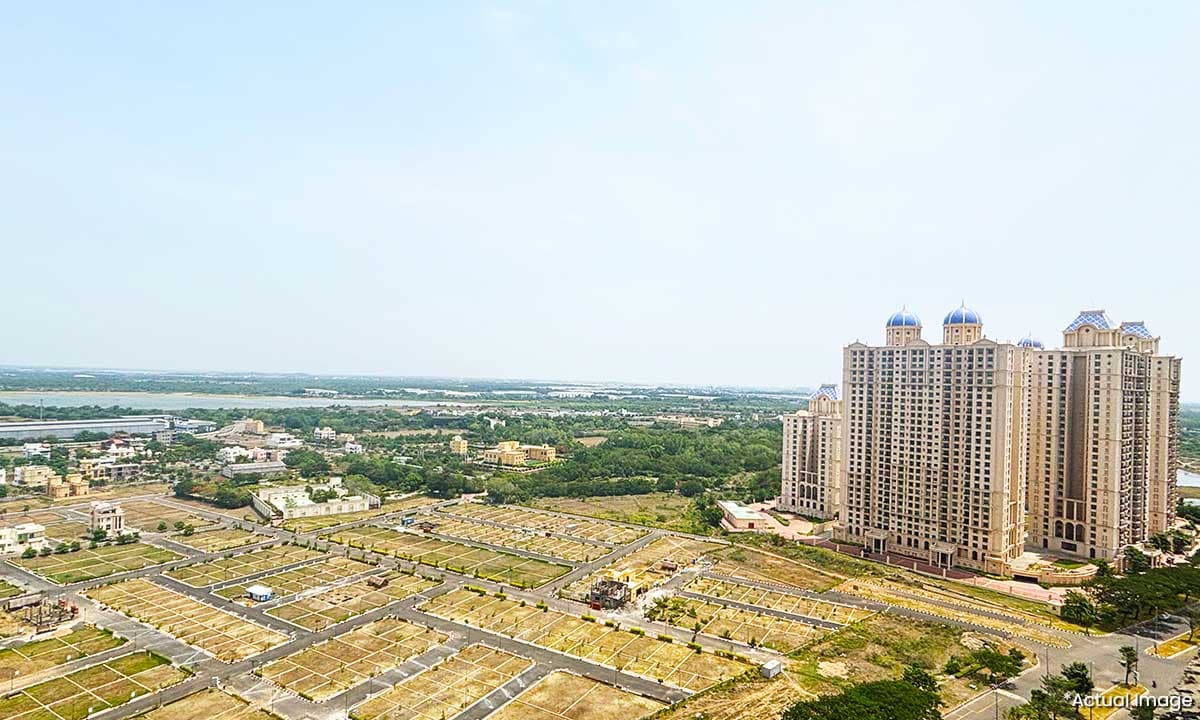Choosing a home today is about more than just square footage—it's about intelligent design, long-term value, and a location that grows with you.
Read More +As Diwali approaches, the vibrant township of Hiranandani Parks, Oragadam transforms into a glowing spectacle of joy, lights, and celebration.
Read More +In the rapidly evolving real estate landscape around Chennai, connectivity is often the decisive factor that shapes growth, property values, and quality of life.
Read More +At Hiranandani Parks, every festival is more than just a celebration - it is a reflection of the values that bind our community together.
Read More +Once known as Chennai's industrial hub, Oragadam is fast emerging as one of the city's most sought-after residential destinations.
Read More +In a premium gated township like Hiranandani Parks, Oragadam, design goes beyond just buildings - it's about creating lifestyle-enhancing spaces that connect residents with nature and each other.
Read More +At Hiranandani Parks, Oragadam, every 3BHK apartment is thoughtfully designed to do more than just house you - it's built to enhance your well-being.
Read More +As India marks its 78th Independence Day, it's the perfect time to reflect on the true meaning of freedom — not just political independence, but the ability to live life on your own terms without financial worry.
Read More +The bond between a brother and sister is one of life's most enduring relationships - built on childhood memories, unspoken understanding...
Read More +Once a sleepy suburb on the outskirts of Chennai, Oragadam has evolved into South India's largest and most advanced industrial corridor.
Read More +Chennai's spotlight has shifted to the southwest - and Oragadam is leading the charge. Once an emerging industrial corridor, today it's the epicentre of urban transformation.
Read More +Chennai is embracing the wellness wave - from temple-trail yoga sessions to mindful office routines. At Hiranandani Parks, Oragadam, wellness isn't an afterthought - it's built into the fabric of township living.
Read More +Hiranandani Parks, Oragadam, fitness and luxury converge at Club De Royale, a state-of-the-art clubhouse spanning over 25,000 square feet. Professionally managed by Ilesium Clubs, renowned for overseeing premium recreational facilities, Club De Royale offers residents an unparalleled lifestyle experience.
Read More +Hiranandani Parks is more than just a residential destination; it is a harmonious blend of natural beauty, architectural excellence, and wellness-oriented living. Nestled amidst lush greenery and thoughtful designs, this township embodies a lifestyle that combines comfort, sustainability, and an appreciation for nature.
Read More +Waking up in Hiranandani Parks is like being in the embrace of nature. As the first rays of sunlight filter through my window, I lace up my sneakers and step outside. The landscaped gardens greet me with their lush greenery, and the crisp morning air rejuvenates my senses.
Read More +Get average 8%* annual returns on furnished pre-leased apartments with Rs.45,000/- per month assured rent. Prices start Rs. 1.13 crores* for large 3-BHK, 1991 sqft apartments

















